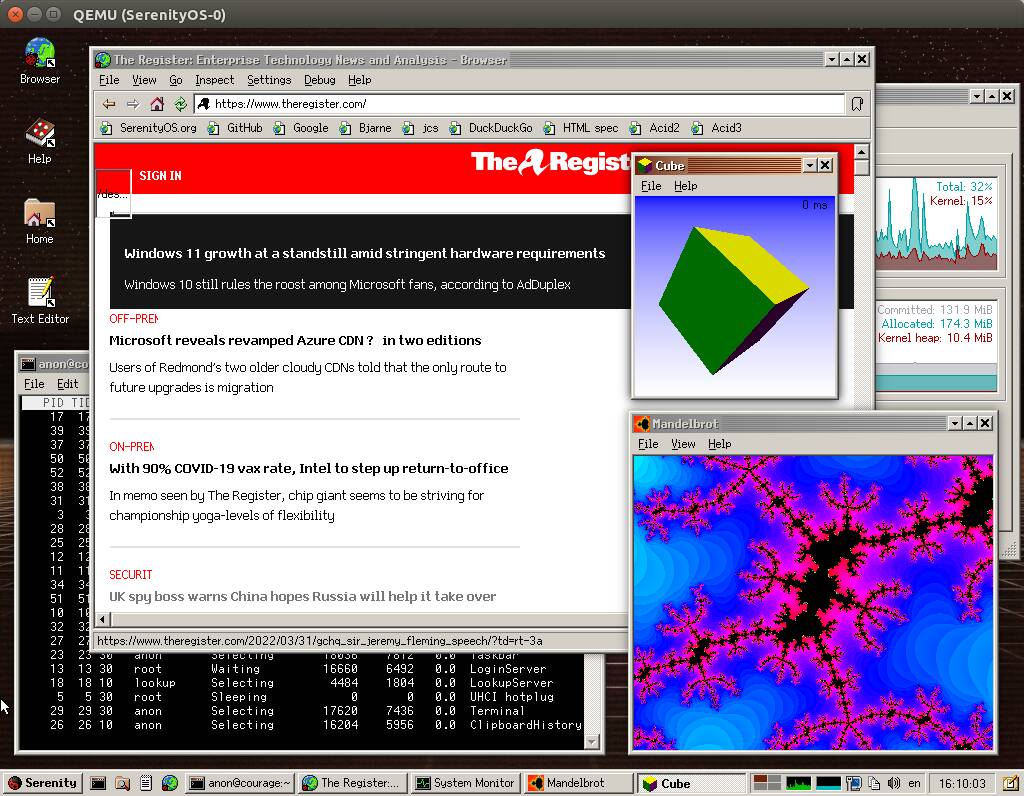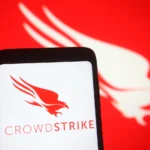The World Wide Web has become an essential component of human civilization, serving as the backbone of global communication, commerce, and information sharing. John Perry Barlow famously referred to it as “cyberspace,” describing it as the new home of the mind. In his Declaration of Independence of Cyberspace, Barlow envisioned a world where anyone, anywhere, could express their beliefs freely, without fear of censorship or coercion. This freedom has had profound effects, from toppling governments to creating new millionaires, and even making viral sensations out of simple things—like a humble cat video viewed over a billion times. The web’s openness has been a double-edged sword, offering unprecedented opportunities and challenges alike.
The Existential Threat to Web Openness
Despite the immense power of the web, there is a growing existential threat to its openness. We access cyberspace primarily through web browsers like Chrome, Safari, Edge, and Firefox, which together account for over 90% of the market share. All these browsers, in some way, depend on technology or funding controlled by Google. While Google’s mantra has been “Don’t be evil,” the hypothetical possibility of such a powerful entity turning malicious is concerning. If, for instance, Google decided to exert its influence, it could theoretically wipe out entire swathes of content from the web, like cat memes. This scenario highlights the need for vigilance and alternatives to ensure the web remains a free and open platform.
The Battle for Browser Control and the Rise of Open Source Alternatives
On August 12, 2020, the Code Report emphasized a critical point: “He who controls the spice controls the universe, but he who controls the browser controls the Internet.” This statement underscores the importance of web browsers in shaping the online experience. The so-called “browser wars” are more relevant than ever, with companies constantly innovating to gain market share. For example, Firefox recently introduced a feature that allows tabs to be managed in the sidebar, something already supported by the increasingly popular Arc browser. Meanwhile, the open-source community is buzzing with activity, with two Rust-based browsers, Verso (using the Servo engine) and Blitz (a minimal web renderer), gaining traction.
The Birth of Lady Bird: A Futuristic Open-Source Browser
One of the most intriguing developments in the browser space is Lady Bird, a futuristic open-source browser. The story begins in October 2018 when Andreas Kling, a software engineer with a background in WebKit at Apple and Nokia, found himself unemployed and bored after completing a three-month Swedish rehab program. Rather than succumbing to idleness, Kling channeled his energy into an ambitious project: building his own operating system, which he named Serenity OS. This OS included everything from the kernel to the web browser, all created from scratch. The name “Serenity” was inspired by the Serenity Prayer, reflecting a philosophy of accepting the unchangeable, courageously changing what can be altered, and discerning the difference between the two.
Lady Bird’s Evolution: From Serenity OS to a Standalone Browser

On July 4, 2022, the Serenity OS browser engine declared its independence as a cross-platform project and was renamed Lady Bird. This transformation marked the beginning of a new chapter for the project, which now boasts over 1,000 contributors and half a million lines of C++ code. Andreas Kling, together with a GitHub co-founder, formed a nonprofit organization to manage the browser, believing that the best way to avoid bad incentives is to have no incentives at all. Lady Bird is funded entirely by sponsorships and donations, with a commitment to keeping the code entirely free and independent of other browsers. This philosophy stands in stark contrast to even privacy-focused browsers like Brave, which, despite its merits, is still a for-profit venture built on Google’s Chromium.
The Challenges of Building a Browser from Scratch
While Lady Bird’s progress is impressive, the road ahead is challenging. The first alpha version for Linux and Mac OS isn’t expected until the summer of 2026, with a Windows version even further off. However, the code is available on GitHub for those interested in experimenting or contributing. Building a web browser from scratch is an incredibly complex task, especially considering the need to adhere to the W3C specifications, which contain over 114 million words and are constantly evolving. The developers of Lady Bird have already created their own HTML and JavaScript engines, known as libhtml and libjs, and are leveraging established tools like FFmpeg for video support. The development process follows a typical software cycle: first, make it work; then, make it good; and finally, make it fast. Lady Bird is still in the first phase of this cycle, but the dedication and innovation behind the project suggest that it’s honest work with the potential for significant impact.
The Broader Implications of Lady Bird and the Future of the Web
Regardless of the market share that Lady Bird ultimately achieves, the project’s mere existence benefits us all. The concentration of power in the hands of a few major players is a growing concern, and efforts like Lady Bird represent a crucial pushback against this trend. By challenging the status quo, Lady Bird and similar projects help ensure that the web remains a diverse and open space. Who knows? One day, Lady Bird might even become our last hope for preserving the free flow of content—like those beloved cat memes—across cyberspace. As the Code Report concludes, the fight for control of the web is ongoing, and the outcome will shape the future of our digital world.












